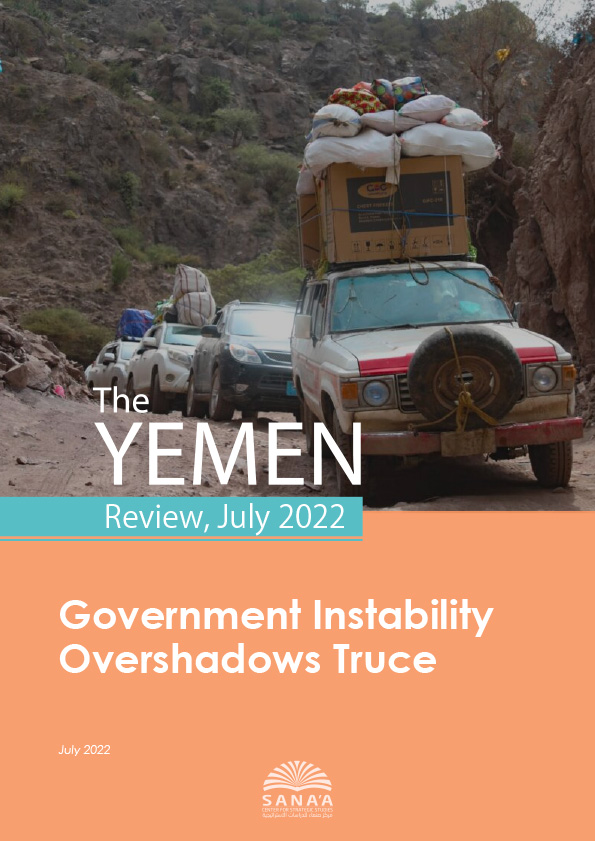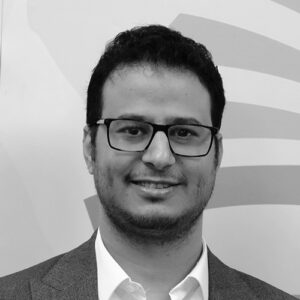Long-running tensions between the Islamist Islah party and the Southern Transitional Council boiled over in Shabwa in July, as political disputes over security posts devolved into clashes between their affiliated forces. Government efforts to assuage the parties were unsuccessful, setting the stage for a battle over the capital, Ataq city, in early August. The Shabwa tensions overshadowed agreement on a two-month extension of the UN-brokered truce between the government and the armed Houthi movement, though sporadic violations continued. A proposed six-month extension fell apart over disagreements on road reopenings, air travel and payment of public sector salaries.
The Presidential Leadership Council announced a cabinet reshuffle at the end of the month, replacing the heads of four ministries. The new appointees were all southerners, approved by the STC, in a nod to the substantial power wielded by the movement. The government also appointed new governors of Hadramawt and Socotra; the latter is the STC’s top man on the island. Meanwhile, Houthi authorities continued to profit handsomely from the exorbitant cost of fuel in areas they control while also attempting to convince consumers that the Saudi-led coalition is to blame for sky-high prices at the pump.
This issue of the Yemen Review was prepared by (in alphabetical order): Ryan Bailey, Casey Coombs, Andrew Hammond, Khadiga Hashim, Abdulghani Al-Iryani, Maged Al-Madhaji, Farea Al-Muslimi, Elham Omar, Spencer Osberg, Salah Ali Salah, Susan Sevareid, Ned Whalley and Wadhah Al-Awlaqi.



 اقرأ المحتوى باللغة العربية
اقرأ المحتوى باللغة العربية

